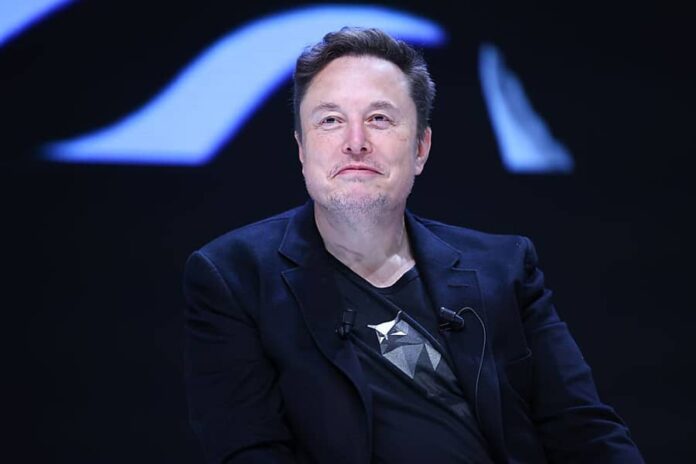Just yesterday, the Trump team shared news about a new initiative called the Department of Government Efficiency. The goal? To streamline government operations, cut costs, and save taxpayers some cash.
Leading this department will be none other than billionaire Tesla CEO Elon Musk and entrepreneur Vivek Ramaswamy, who plan to bring a fresh, entrepreneurial mindset to government—something we haven’t really seen before. Regardless of your political affiliation, this is definitely a cause worth supporting.
It’s been ages since anyone seriously tackled this issue at the federal level—since the Reagan years, and even then it wasn’t fully addressed.
Here’s hoping they actually make progress this time around! Plus, it’s encouraging that the effort is in the hands of people who have a track record of getting things done—true entrepreneurs and innovators.
Whether or not you’re a fan of those chosen for these roles doesn’t really matter; what counts is that if they succeed in their mission, we all benefit.
This kind of initiative has been needed for quite some time now. The federal government has been expanding rapidly since FDR’s era without much pause.
This year alone, our national debt soared to an astonishing $35 trillion! For nearly 70 years now, under both major parties, our debt has kept climbing steadily.
And despite what politicians say about wanting to reduce it, their credibility on this issue is practically nonexistent at this point.
Crisis of national indebtedness
Let’s take a moment to really grasp what the national debt means for us. In September, the U.S. spent a whopping $38 billion just on interest for our national debt—this doesn’t even cover running the government! To put that in perspective, that’s more than 15 times what individual income taxes brought in that month.
The idea that this debt will somehow just disappear is unrealistic. The growing debt has serious consequences.
About a decade ago, Standard & Poor’s (S&P) took the bold step of downgrading the U.S. bond rating, claiming that the risk associated with our debt increases as it grows larger. It seems pretty logical: if you keep borrowing without paying anything back, your risk goes up! I remember one politician even questioned S&P’s patriotism for making this call—like it’s somehow unpatriotic to worry about plunging deeper into debt without any plan to manage it.
Last year, Fitch Ratings followed suit and downgraded us from AAA to AA.
Honestly, I think they’re being pretty generous with their grading! Just think about it: if a business pulls in $1 million but spends $2 million every year indefinitely, who would keep lending them money? Would you? Or consider an individual earning $100,000 but spending $120,000 annually—eventually, they’d hit bankruptcy. This isn’t rocket science; it’s just basic common sense.
At some point, lenders will get fed up and stop buying our debt altogether. Then we’ll be in real trouble when it comes time to pay back what we owe.
Here’s where things get tricky: some experts with PhDs argue that we shouldn’t stress over our debt because the dollar is so central to global trade and finance.
Others suggest we should only look at our debt relative to GDP. But these ideas ignore a fundamental truth: an entity that keeps borrowing without ever reducing its debt simply won’t last forever!
Reducing costs
The answer isn’t rocket science. We really just need to trim our spending. Personally, I wouldn’t lend money to anyone unless they showed they could manage their finances a bit.
Anyone who has ever tried budgeting knows that cutting costs isn’t easy—it requires some serious self-control. And when I say cut expenses, I mean really cut them.
Politicians have a strange way of interpreting what it means to reduce spending. Take this example: if you’re spending $100 a year on household bills and I suggest you cut back, you might think that means lowering it to $99 or something like that.
But in Washington’s world, “cutting” just means slowing down the rate at which you’re increasing your spending.
So if you’re set to spend $105 next year and agree to only spend $104, they’ll call that a cut of $1! With that kind of logic, it’s no wonder we’re teetering on the edge of bankruptcy. Only in D.C. does this kind of math make sense! It’s nearly impossible for our current lawmakers to truly cut expenses because it would mean saying no to lobbyists and constituents every now and then—a real challenge for them! The establishment of this new department is definitely a step forward.
We need to get our financial situation sorted out because it’s only a matter of time before someone points out that the emperor has been walking around without clothes for far too long! If lenders decide to stop giving us money, we’d be in serious trouble.

